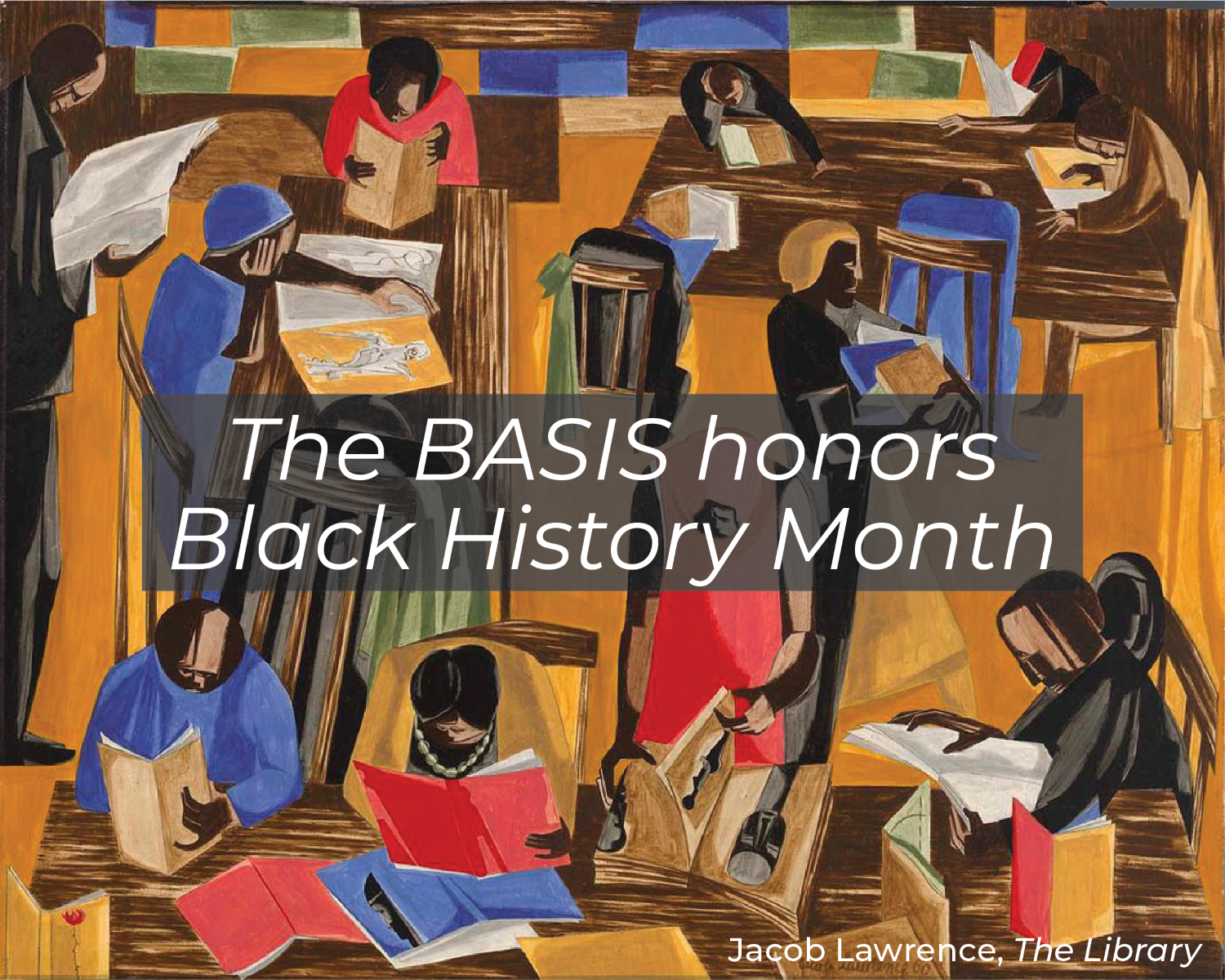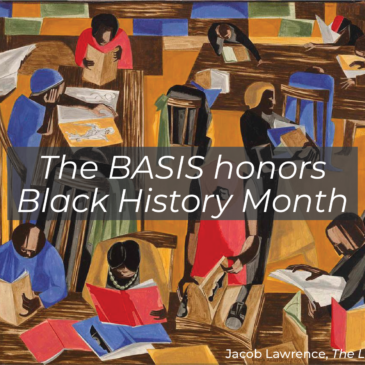 During February 1926, the Association for the Study of Negro Life and History (currently, Association for the Study of African American Life and History; ASALH), under the direction of a historian, Dr. Carter G. Woodson, declared the first celebration of Negro History Week. This important week helped advance Dr. Woodson’s vision of raising awareness about Black Americans’ contributions to society and sharing information about Black life and culture. Fifty years after the first event, during 1976, Negro History Week grew into African American History Month (currently, Black History Month) and has been celebrated since. This Black History Month, in recognition of the ongoing importance of highlighting the vital contributions that Black academics make to addiction science, The BASIS is featuring the research and opinions of Black scholars of addiction.
During February 1926, the Association for the Study of Negro Life and History (currently, Association for the Study of African American Life and History; ASALH), under the direction of a historian, Dr. Carter G. Woodson, declared the first celebration of Negro History Week. This important week helped advance Dr. Woodson’s vision of raising awareness about Black Americans’ contributions to society and sharing information about Black life and culture. Fifty years after the first event, during 1976, Negro History Week grew into African American History Month (currently, Black History Month) and has been celebrated since. This Black History Month, in recognition of the ongoing importance of highlighting the vital contributions that Black academics make to addiction science, The BASIS is featuring the research and opinions of Black scholars of addiction.
Black academics historically have been marginalized and excluded from many academic pursuits and opportunities. For example, the National Institutes of Health reports that it has been working to reduce a persistent funding gap for Black scientists that limits ability to complete research on topics of interest and is evident in preliminary scoring of research grant applications. Notably, expert commentaries on this issue raise the possibility of racism as an important contributing factor in funding decisions that requires further consideration, despite scant discussion of this likelihood. The minimization of Black academics’ contributions to addiction science, and science generally, has likely had consequences for the nature of the published research literature. Funding gaps have likely restricted the range of topics studied, research populations considered, specific questions asked of research participants, and the interpretation of data and research outcomes. Excluding Black scholars also likely has impacted health equity experiences, such as those we described in our previous special series on Race and Addiction. It is not unreasonable to suggest that additional involvement of Black academics in addiction research will be central to ameliorating such gaps. Undoubtedly, such involvement is central to addressing justified medical mistrust, facilitating research participation, and supporting community engagement.
To participate in bringing needed attention to addiction research led by Black scholars, our Black History Month special series begins with a DRAM that reviews Ms. Lydia Muyingo’s research related to romantic partner effects on alcohol use. Following this, an ASHES describes Dr. Monica Webb Hooper’s work about web-based tobacco cessation interventions, a STASH discusses Dr. Ijeoma Opara’s study of Black adolescent girls’ resiliency skills in relation to drug use, and a WAGER summarizes Dr. Renee Cunningham-Williams’ longitudinal examination of correlates of gambling in early adulthood. Complementing these science reviews, we are happy to highlight five editorials written by Black scholars from across the country. These experts include Dr. H. Westley Clark, Dr. Michael Stanton, Dr. Renee Johnson, Dr. William Cloud, and Dr. Allecia Reid.
Welcome to our Black History Month special series featuring Black Scholars of Addiction.
— Debi A. LaPlante, Ph.D., Director, Division on Addiction at Cambridge Health Alliance, a Harvard Medical School teaching hospital; Assistant Professor, Harvard Medical School




